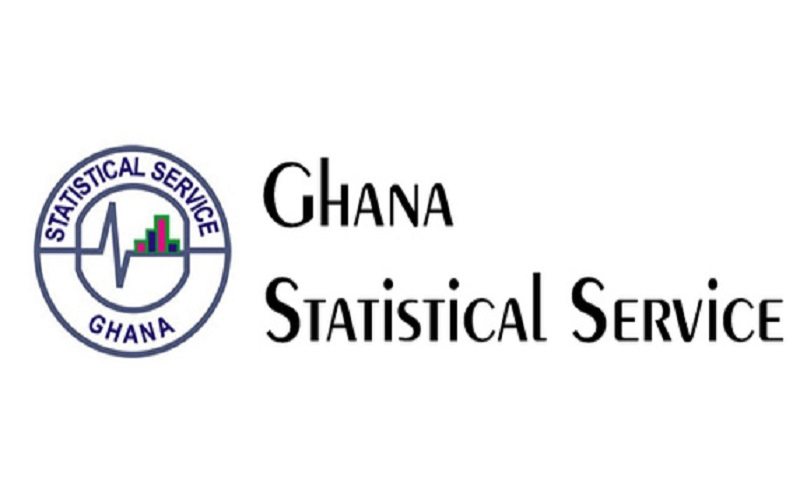The GSS was initiated as the Office of the Government Statistician in the year 1948. The office was established in the bid to institutionalize the collection and dissemination of statistical information, and with the vision of providing statistical services for evidence-based decision-making, good governance, and national development. Its name, duties, and functions have continued to evolve over the decades and were finally established in 1985, based on the Statistical Service Law (PNDC Law 135) as the Ghana Statistical Service. The Service has its headquarters in Accra and over 100 other branch offices scattered across various regions and districts of Ghana.
Functions of the Ghana Statistical Service
The GSS is generally responsible for the collection and analysis of statistical data in the country. Below are the major specific functions of the Ghana Statistical Service:
- Collection, Analysis, and Compilation of Economic Statistics The Ghana Statistical Service collects data for the calculation of the countries’ annual Gross Domestic Product (GDP). The Gross Domestic Product (GDP) is the total value of final goods and services produced in the country during a given period. In addition to the nation’s GDP, it is also the responsibility of the GSS to collect data from producers and business organizations which they use to determine both the Consumer Price Index (CPI) and Producer Price Index (PPI) of the country in part or in whole and at a given period. While the CPI measures changes over time in the general price level of goods and services that households acquire for the purpose of consumption, the PPI measures the average change over time in the prices given by domestic producers for the production of their goods and services. The GSS also conducts Investigative Business Establishment Survey (IBES), which generally examines the operational statistics of business by sector, size, and capital, production cost, revenue and profit.
- Social and Demographic Statistics This function is concerned with the collection of statistical data to determine the composition and changing structure of the country’s population, education, health, crime and the judiciary. The GSS specifically collects and collates data on population increase or decrease at specific points in time, births and deaths, maternal, paternal, infant mortality, accident, unemployment and income statistics, literacy/illiteracy levels, crime rates, disease and epidemic casualties, etc.
- Conducts Censuses and Statistical Surveys The Ghana Statistical Service is also saddled with the responsibility of carrying out a population, housing and other forms of censuses in Ghana. They also carry out surveys which are used to determine other census-related information such as the population and age categories of the nation’s labor force, availability/type of housing and accommodation deficiencies, etc. 4. Advises Government/Stakeholders on Statistics-related Matters With all the above statistical data and more, the GSS serves the important role of informing and advising the government, the private sector, individuals and the general public on the actual situation of things as far as statistical data is concerned. For instance, without a reliable information gotten from a meaningful research and analysis, the government will not be able to ascertain the exact rate of unemployment or economic growth/recession of the country. Read Also: Doing Business in Ghana: A Case Study
Datasets
For effective result, Ghana Statistical Service uses various datasets in representing data of different members of variable groups. Some of its datasets include;
Census Data-Household population (which represents the household population by area, heads, death, sex, relations and more). Census Data-Dwelling units (this represents the information of the occupants living in dwelling units by the type of dwellings, bathing facilities, the source of water both for drinking and bathing and sources of lighting). Census Data-Population (this is usually the aggregate number of people in the country using birth, education, marital status, localities, death records and other information). Census data-Employment (this set consist of people who are 15 years or older who are skilfully engaged or employed). Census Data-Economic Activities (this caters for the economically active population who are 15 years or older including foreigners and nationals).
Leadership
The Ghana Statistical Service is led by 7-member board who work to ensure that the final data and information are credible. The board members also ensure that Ghana’s data meet international quality and that the practices of the service agree with the United Nations Fundamental Principles of Official Statistics. Most recently, they were advised to engage substantive Government Statistician to lead Ghana Census of Agriculture (which was called for in 2017) and the upcoming 2020 Population and Housing Census.
How To Navigate the GSS Website
To retrieve any information from the GSS, visit the institution’s official website. Thankfully, you do not need any login to access information on the site. There are several links displayed on the home page; just click on anyone you desire and you’ll be taken to the required information.



